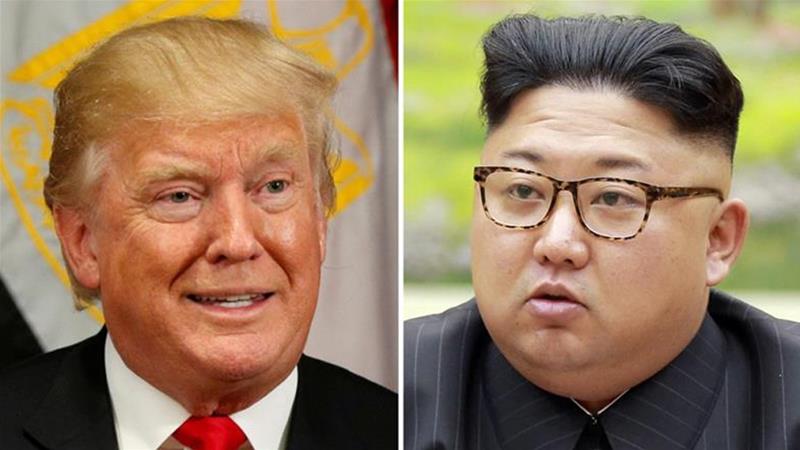Energy firms plunged with oil prices in Asia today after Saudi Arabia and Russia signalled they could lift output, while indications Donald Trump’s summit with Kim Jong Un could be back on provided support to equity markets.
Both main contracts tanked on Friday after Saudi oil minister Khaled al-Faleh said his country could open the taps wider in the second half of the year to insure against any supply shocks.
His Russian counterpart Alexander Novak said they had spoken about a two-year-old deal capping production, adding OPEC and other members of the pact would discuss lifting limits next month.
The comments come as supply worries increase, with major producer Venezuela hit by economic uncertainty, Iran facing painful export sanctions and demand seen picking up.
On Friday, Brent sank three per cent and WTI fell four per cent, and in early Asia business they were both down a further two percent.
The losses come after crude earlier this month hit levels not seen since November 2014, and led to sharp selling in Asian energy firms.
Sydney-listed Woodside Petroleum was 3.6 per cent down and Inpex dived a similar amount in Tokyo.
CNOOC plunged three per cent in Hong Kong, while Sinopec was off more than two per cent.
Broader markets were mostly up as the oil sell-off was offset by renewed hopes for the Trump-Kim summit after the US president appeared Friday to do a U-turn 24 hours after cancelling the meeting.
Markets fell in Asia Friday after Trump said he had pulled out of the June 12 gathering, citing “open hostility” from Pyongyang. However, a flurry of diplomacy — led by South Korea, whose President Moon Jae-in met Kim Saturday — has put it back on track.
And yesterday, Trump tweeted that a US team “has arrived in North Korea to make arrangements for the summit”.
He added: “I truly believe North Korea has brilliant potential and will be a great economic and financial Nation one day. Kim Jong Un agrees with me on this. It will happen!”
By the break in Tokyo, the Nikkei was flat, Hong Kong added 0.5 per cent and Shanghai gained 0.1 per cent. Singapore, Seoul and Jakarta were all sharply higher but Sydney fell 0.6 per cent and Manila dipped 0.2 per cent.
On currency markets, the euro edged up despite political uncertainty in Italy, with investors welcoming news that President Sergio Mattarella had vetoed the nomination of fierce eurosceptic Paolo Savona as economy minister.
While the decision led to the resignation of prime minister-elect Giuseppe Conte and could lead to fresh elections, it was seen as a positive move for the euro.
However, Ray Attrill, head of foreign-exchange strategy at National Australia Bank in Sydney, told Bloomberg News: “We may now be in for an extended period of heightened uncertainty ahead of fresh elections — assuming that’s where we’re headed.
“For now it’s more relief that Italy will not — for now at least — have an avowed eurosceptic finance minister.” The single currency’s gains are also being limited by the prospect of upheaval in Spain, where Prime Minister Mariano Rajoy could face a no-confidence vote after his party was found guilty of benefiting from illegal funds in a massive graft trial.
As an independent media platform, we do not take advertisements from governments and corporate houses. It is you, our readers, who have supported us on our journey to do honest and unbiased journalism. Please contribute, so that we can continue to do the same in future.

